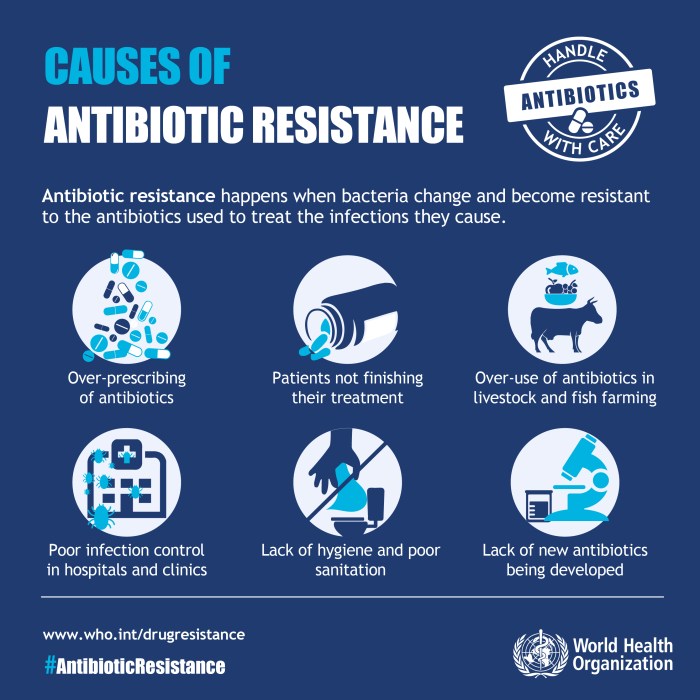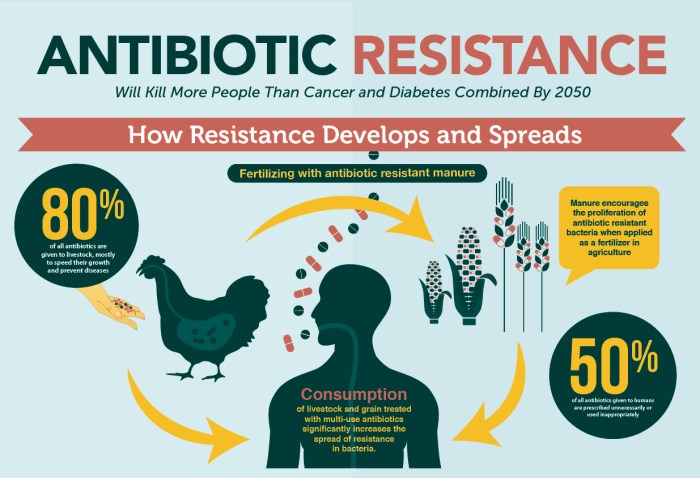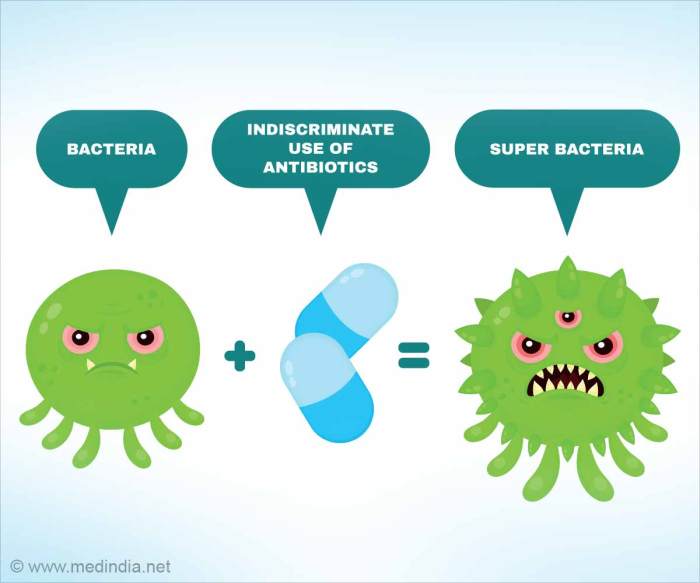Antibiotic resistance brain pop video – Antibiotic resistance is a pressing global health concern, and the BrainPOP video on this topic provides an engaging and informative overview. This video effectively educates viewers about the causes, consequences, and prevention of antibiotic resistance, making it a valuable resource for students, healthcare professionals, and the general public.
The video begins with a clear definition of antibiotic resistance and explains its significance in the context of modern medicine. It then discusses the various causes of antibiotic resistance, including the overuse and misuse of antibiotics, and the consequences of this phenomenon, such as the emergence of multidrug-resistant bacteria.
Antibiotic Resistance Overview

Antibiotic resistance occurs when bacteria evolve and develop mechanisms to evade the effects of antibiotics, rendering them ineffective. This phenomenon poses a significant threat to global health, as it can lead to prolonged illnesses, increased healthcare costs, and even death.
The causes of antibiotic resistance are complex and multifaceted. They include the overuse and misuse of antibiotics, poor infection control practices, and the lack of new antibiotic development. Consequences of antibiotic resistance include the emergence of multidrug-resistant bacteria, reduced treatment options, and increased mortality rates.
Common Antibiotic-Resistant Bacteria
- Methicillin-resistant Staphylococcus aureus (MRSA)
- Vancomycin-resistant Enterococcus (VRE)
- Extended-spectrum beta-lactamase (ESBL)-producing bacteria
- Carbapenem-resistant Enterobacteriaceae (CRE)
BrainPOP Video Analysis

The BrainPOP video on antibiotic resistance provides a clear and engaging overview of the topic. It effectively introduces the concept of antibiotic resistance, discusses its causes and consequences, and highlights the importance of responsible antibiotic use.
The video uses a variety of examples and animations to illustrate the key concepts. It also includes interviews with experts in the field, which adds credibility to the information presented.
Effectiveness of the Video
The BrainPOP video is an effective educational tool for viewers of all ages. It provides a concise and accurate overview of antibiotic resistance, and it is engaging enough to hold the viewer’s attention. The video is also a valuable resource for teachers and parents who want to teach children about this important topic.
Antibiotic Resistance in the Brain: Antibiotic Resistance Brain Pop Video

Antibiotic resistance poses unique challenges in the brain. The blood-brain barrier (BBB) is a protective layer of cells that surrounds the brain and spinal cord. It prevents harmful substances from entering the brain, but it can also make it difficult for antibiotics to reach infections within the brain.
As a result, antibiotic-resistant bacteria can cause serious infections in the brain, such as meningitis and encephalitis. These infections can be difficult to treat, and they can lead to permanent neurological damage or even death.
Examples of Antibiotic-Resistant Infections in the Brain, Antibiotic resistance brain pop video
- MRSA meningitis
- VRE meningitis
- ESBL-producing Escherichia coli meningitis
Prevention and Control of Antibiotic Resistance
There are several strategies that can be used to prevent the development and spread of antibiotic resistance. These include:
- Responsible antibiotic use
- Infection control measures
- Research and innovation
Responsible antibiotic use means only taking antibiotics when they are prescribed by a doctor and taking them exactly as directed. Infection control measures include washing hands frequently, covering coughs and sneezes, and staying home from work or school when sick.
Research and innovation are also essential for combating antibiotic resistance. Scientists are working to develop new antibiotics and new ways to prevent the spread of resistant bacteria.
Q&A
What is antibiotic resistance?
Antibiotic resistance is the ability of bacteria to withstand the effects of antibiotics, making it difficult or impossible to treat bacterial infections.
What are the causes of antibiotic resistance?
The overuse and misuse of antibiotics, as well as the spread of resistant bacteria, are the primary causes of antibiotic resistance.
What are the consequences of antibiotic resistance?
Antibiotic resistance can lead to prolonged and more severe infections, increased healthcare costs, and even death.
How can we prevent antibiotic resistance?
Responsible antibiotic use, infection control measures, and research and innovation are key strategies for preventing antibiotic resistance.